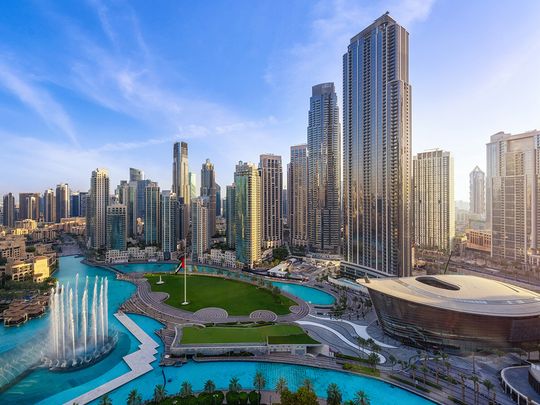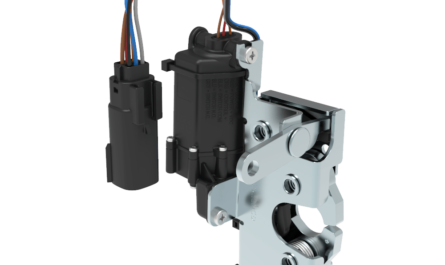
The UAE has unveiled a bold new plan aimed at significantly increasing foreign direct investment (FDI) inflows to the country. By 2031, the government aims to attract Dh1.3 trillion in FDI, marking a major leap in the nation’s economic diversification efforts. This new strategy is part of a broader push to solidify the UAE’s position as a global business hub, leveraging its strategic location, business-friendly policies, and thriving sectors such as technology, renewable energy, and finance.
The announcement, made during the UAE Investment Forum, highlights the government’s commitment to fostering a sustainable and diversified economy that moves beyond oil dependency. This plan builds on the success of the UAE’s previous economic initiatives, which have already positioned the country as one of the top FDI destinations in the region. As part of the strategy, the UAE will focus on creating a more attractive investment environment, simplifying regulations, and facilitating smoother market access for foreign investors.
A critical element of the strategy is the targeted sectors that are expected to drive the bulk of this influx. Technology, green energy, and finance are among the primary sectors identified as key growth areas. The UAE government has introduced new initiatives, such as regulatory reforms and incentives, to attract investments in these industries. In particular, the country is positioning itself as a leader in clean energy, with significant investments in solar power, hydrogen, and other renewable energy sources.
The UAE’s global standing as a business-friendly environment has made it a top contender in attracting foreign investors. Dubai, with its tax-free zones and business infrastructure, continues to draw multinational corporations, while Abu Dhabi focuses on high-end investments in technology and energy. The UAE’s appeal as a business destination has also been reinforced by initiatives such as the launch of 100% foreign ownership laws for various businesses and an overhaul of the visa system.
This new strategy comes at a time when the global investment landscape is undergoing significant shifts. Many countries are reassessing their economic strategies, as the post-pandemic world demands more resilient and flexible investment frameworks. The UAE’s new plan is seen as a timely response to these changes, as the country capitalizes on its geopolitical advantages and a strong financial system to position itself as a leading player in the global economy.
The strategy is expected to lead to the creation of thousands of jobs and help the UAE maintain its status as one of the most competitive economies globally. This ambitious target aligns with the UAE’s long-term vision of becoming a knowledge-driven economy. Through a combination of policy changes, infrastructure development, and incentives, the country aims to foster an environment that is conducive to innovation and economic growth.
Central to this initiative is the government’s emphasis on collaboration between public and private sectors. By leveraging the expertise of both local and international investors, the UAE aims to cultivate an ecosystem where businesses can thrive and attract sustainable investments. This approach is expected to bolster the country’s infrastructure development projects, create a wider array of investment opportunities, and contribute to economic resilience in the face of global uncertainties.
As part of its strategic vision, the UAE will also focus on enhancing its digital infrastructure and embracing new technologies such as artificial intelligence, blockchain, and the metaverse. This forward-thinking approach is meant to secure the UAE’s place in the future economy, aligning with the global push toward digital transformation. By doing so, the country plans to stay ahead of global competitors in attracting FDI in emerging sectors.
Several key players have already shown interest in this initiative. Global technology giants, renewable energy companies, and major financial institutions have expressed their intent to invest in the UAE, further validating the country’s strategy. The country’s pro-business environment, combined with a robust legal framework and attractive tax incentives, makes it an appealing location for foreign companies looking to expand their presence in the Middle East.
The UAE’s foreign policy plays an important role in its economic strategy. Strong diplomatic ties with major global economies, combined with the country’s leadership role in regional affairs, provide a stable foundation for foreign investors. This diplomatic leverage is particularly valuable in securing cross-border investments and fostering long-term partnerships with global firms.
The UAE’s new FDI strategy is also in line with its broader national development goals, such as the Vision 2030 and the drive for sustainable growth. These initiatives prioritize innovation, sustainability, and economic diversification—elements that the government believes will be key to attracting the scale of investment needed to achieve the Dh1.3 trillion target.




